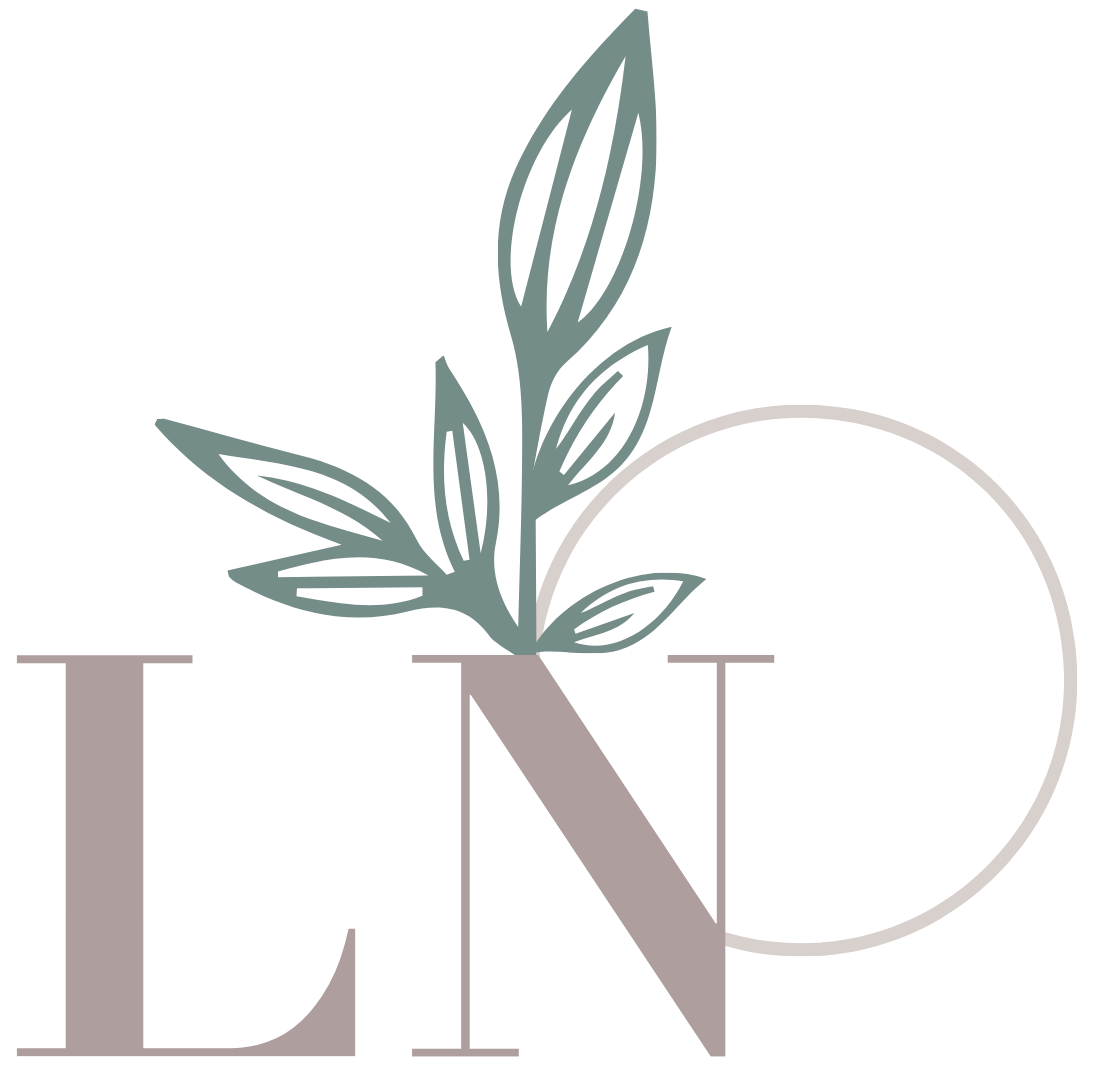What is the difference between Ovarian Cysts and PCOS Cysts?
What is the difference between ovarian cysts and PCOS cysts?
The most notable difference between ovarian cysts and Polycystic Ovarian Syndrome (PCOS) cysts is that PCOS results in a substantial hormonal imbalance which does not generally occur with ovarian cysts. It is also possible for women to have multiple ovarian cysts without being diagnosed with PCOS.
OVARIAN CYSTS
Ovarian cysts are fluid filled sacs which present on or in the ovaries. The most common type of ovarian cyst is a functional cyst (follicle cysts and corpus luteum cysts). These cysts are mostly harmless and will disappear naturally on their own after a few months, without the need for medical attention. Ovarian cysts can cause pelvic pain, abdominal pain, abdominal bloating and other symptoms that overlap with the symptoms of PCOS. Research shows that women with ovarian cysts usually do not have much difficulty getting pregnant, whereas it is common for those with PCOS to struggle to conceive.
The other type of ovarian cyst is a complex ovarian cyst. These are either PCOS cysts, non-cancerous cysts (cystadenomas), or cysts related to endometriosis (endometriomas). Rarely, ovarian cysts can be very large or potentially cancerous and in that case would require a surgical intervention.
Most cysts will never rupture, but some do. A ruptured ovarian cyst is when a cyst bursts open releasing its contents into your pelvic or abdominal cavity. Both simple (fluid-filled sac) and complex (solid) cysts can rupture. Typically having a cyst rupture is very painful and you will likely go to the hospital for assessment. The treatment will depend on your symptoms and the severity of the situation. You will likely get an ultrasound, and some blood and urine tests to determine the type and severity. More commonly ruptured cysts just require pain management and a “watch and wait” approach, other ruptured cysts can cause a lot of blood loss, which might require surgical intervention.
POLYCYSTIC OVARIAN SYNDROME
Polycystic Ovarian Syndrome is a metabolic condition that affects 1 in 10 women. The underlying metabolic dysfunction leads to hormonal and reproductive imbalances. Despite the name, women with PCOS don't need to have ovarian cysts. Only two of the following three Rotterdam criteria are required in order to be diagnosed with PCOS:
amenorrhea or oligomenorrhea
no period for at least 3 months or 35+ day cycles that are either regular or irregular
hyperandrogenism
symptoms of high androgens (acne, oily skin, facial hair, and loss of hair not he scalp) or blood work confirming high testosterone, DHT, DHEA-S
polycystic ovaries on ultrasound
12 of more follicles per ovary or an ovarian volume of 10ml+
The “cysts” in PCOS are not true cysts. They are immature follicles that collect in the ovary and are not ovulated. Since you only need to have two of the three criteria to be diagnosed with PCOS, you may have PCOS without any “cysts” at all. You could just have irregular periods and acne in order to be diagnosed with PCOS.
The classic symptoms of PCOS are acne, oily skin, irregular periods, absent periods, facial hair, thinning of hair on your head, fatigue, weight gain, and difficulty getting pregnant. These symptoms typically present themselves shortly after puberty in the teenage years. When women first notice these changes and go to the doctor, it is very common for them to be prescribed oral contraceptive pills in order to mask these hormones imbalances and relieve the symptoms. The problem however is that the birth control pill does not treat the underlying problem. As soon as you discontinue the birth control pill typically all the symptoms come back.
Don’t be discouraged! You can stop this cycle of going on and off birth control just to mask your symptoms. PCOS requires a holistic treatment plan and addresses the root cause, in order to treat the problem balance your hormones. Typical treatment strategies that I use with my PCOS patients include nutrition and lifestyle optimization, nutraceutical supplementation, herbal medicine, acupuncture, IV nutrient therapy and more depending on your unique presentation and goals.
Looking for support for PCOS or ovarian cysts? Book a visit.
Take care,
Dr. Laura Nicholas, ND
This content is not intended to be substituted or interpreted as medical advice and should not be used to diagnose, treat, or prevent any disease or health concern. Please book a consultation with me or a qualified healthcare professional before acting on any information presented here.

